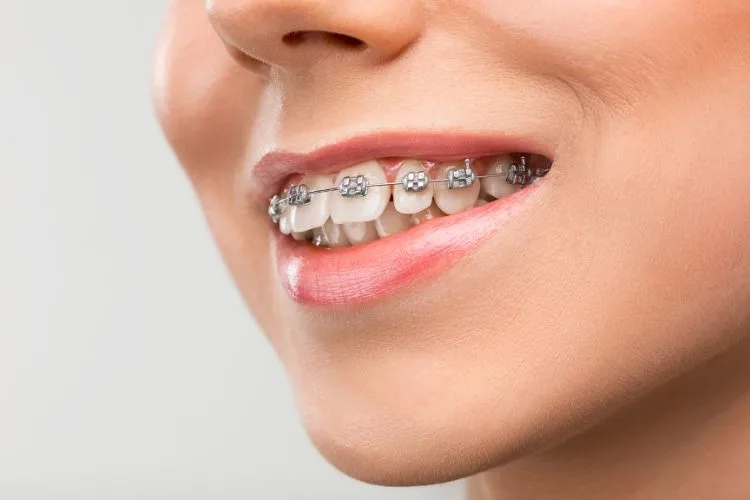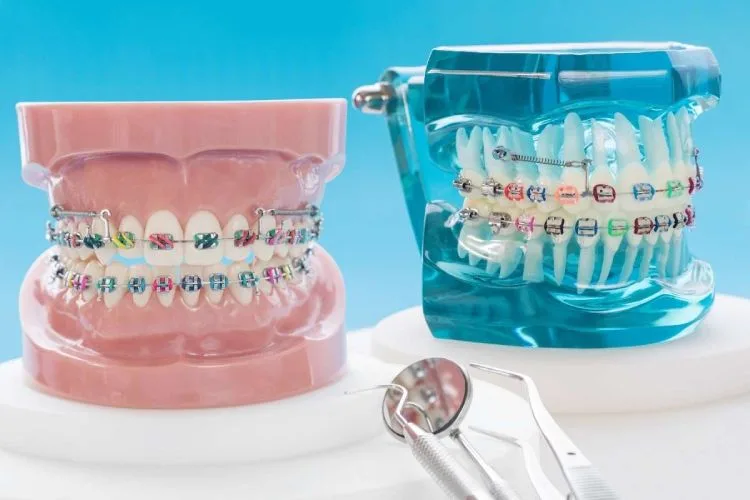
Taylor Elstermann
November 10, 2022

Knowing what to do in the event that your braces have a problem is crucial for preventing treatment delays. While some blunders may be resolved with standard tools that you can find at home, some could require that you visit our offices to get them resolved right away.
Due to the variety of orthodontic emergencies, you must first recognize and evaluate the circumstance, which may include:
Real orthodontic emergencies are uncommon, but it’s nevertheless vital that you become acquainted with how to deal with them.
A situation usually necessitates a quick trip to your neighborhood orthodontist. These orthodontic emergencies may vary, but often involve either auto or sports mishaps. It’s critical that you see a doctor right away if you or your kid has sustained injury to the oral cavity. Your physicians will need to reposition your braces since soft tissues need time to recover. You should ask your orthodontist for a mouth guard to protect your teeth if you want to completely prevent this.
Contact with your braces might sometimes irritate your mouth or gums, which can occasionally result in minor sores or ulcers. Despite the fact that they might be unpleasant, they are common and will pass fast. Your mouth will rub against your braces since it is still getting used to the device. As your mouth adjusts to having braces on your teeth, it will minimize the incidence of sores and ulcers, perhaps completely removing them. However, if sores and ulcers keep developing visit Tringas Orthodontics.
In rare cases, the wire may have entirely slid out of the molar tub. If this occurs, attempt to reposition it using your fingers or a pair of clean tweezers within the molar tube. Hopefully the wire is still held in place by the other brackets so therapy won’t be impacted if you can’t fit it back in place or you may cut it back using clean nail clippers as a temporary fix until you are able to come in and have us look at it.
If the wires and brackets in your braces are connected by steel ligatures, they may sometimes unravel and stab your lips, gums, or other oral tissues. If this occurs, attempt to reposition it using your finger, a clean pencil eraser, or by applying wax to the wire’s end.
The archwire is held in place by elastic bands that we put over the brackets; nevertheless, if one slips off, no worries—your treatment will continue as usual. The rubber bands, commonly known as ligatures, serve as an additional safety measure since the brackets are crimped around the wire.
If you don’t feel comfortable doing it yourself, you may wait until your subsequent visit and use a clean tweezer to put the rubber bands back on the bracket. Push the wire back into place with a clean tweezer if it begins to come free.
If your retainer breaks, stop using it and contact us right away. In orthodontic treatment, retainers play a crucial role in maintaining your teeth’s health and straightness. Your teeth might shift back into a harmful position if you don’t wear your retainer for the amount of time that your orthodontist has advised.
A damaged retainer may inappropriately apply pressure to your teeth, causing an unintended shift that may exacerbate the problems you were trying to fix with braces in the first place.
Call us at 407-876-2991 for a free consultation or click here to request an appointment. We have 2 offices to care for our patients. Our Orlando office is in Lake Nona where we also serve St Cloud residents. We are located at 13250 Narcoossee Rd, Suite #100, Orlando, FL 32832. Our Windermere office, where we also serve Dr. Phillips, Winter Garden, Metro West and Ocoee, is located at 422 Main St, #2, Windermere, FL 34786.
Known as “Dr. T” to his patients, Andrew J. Tringas, DMD, MS, is an Orthodontist, creating outstanding smiles for his patients every day.